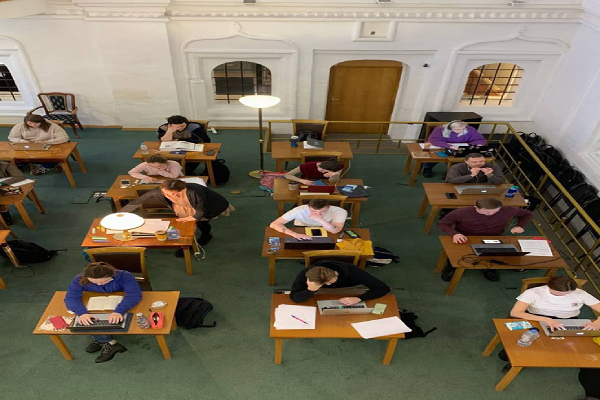Party or Perform? How Student Nightlife Affects Academic Success
For many students, partying is a big part of university life—flat parties, club nights, and society socials can feel almost as important as lectures. Socialising can be fun and even beneficial for mental health, but too much partying often comes at a cost: your grades.
So, how does partying really influence academic performance? The truth is—it depends on balance.
The Benefits of Socialising
It’s not all negative. A healthy social life can:
Students who occasionally go out and maintain balance may actually feel more energised and motivated when they return to work.
The Downsides of Party Culture
1. Lost Time
Late nights mean less time for study and less time for rest. When assignments pile up, partying can cut into vital revision hours.
2. Poor Sleep
Clubbing and after-parties often lead to disrupted sleep cycles, which directly reduce memory retention, focus, and academic performance.
3. Alcohol and Substance Use
Heavy drinking or drug use affects brain function, reaction time, and mental health—all of which can undermine academic success.
4. Burnout
Constant partying leads to fatigue, reduced motivation, and missed lectures, creating a cycle that’s hard to break.
Striking the Balance
Partying doesn’t have to mean poor grades. Students who balance work and play can enjoy the social side of university without sacrificing academic success.
Signs you’ve found the right balance:
Tips for Students Who Like to Party
Final Thoughts
Partying is part of the student experience, and in moderation, it can boost wellbeing and even strengthen friendships that support academic life. But when late nights, poor sleep, or hangovers start piling up, grades suffer.
The bottom line: enjoy the party—but don’t let it cost you your performance.

.webp)